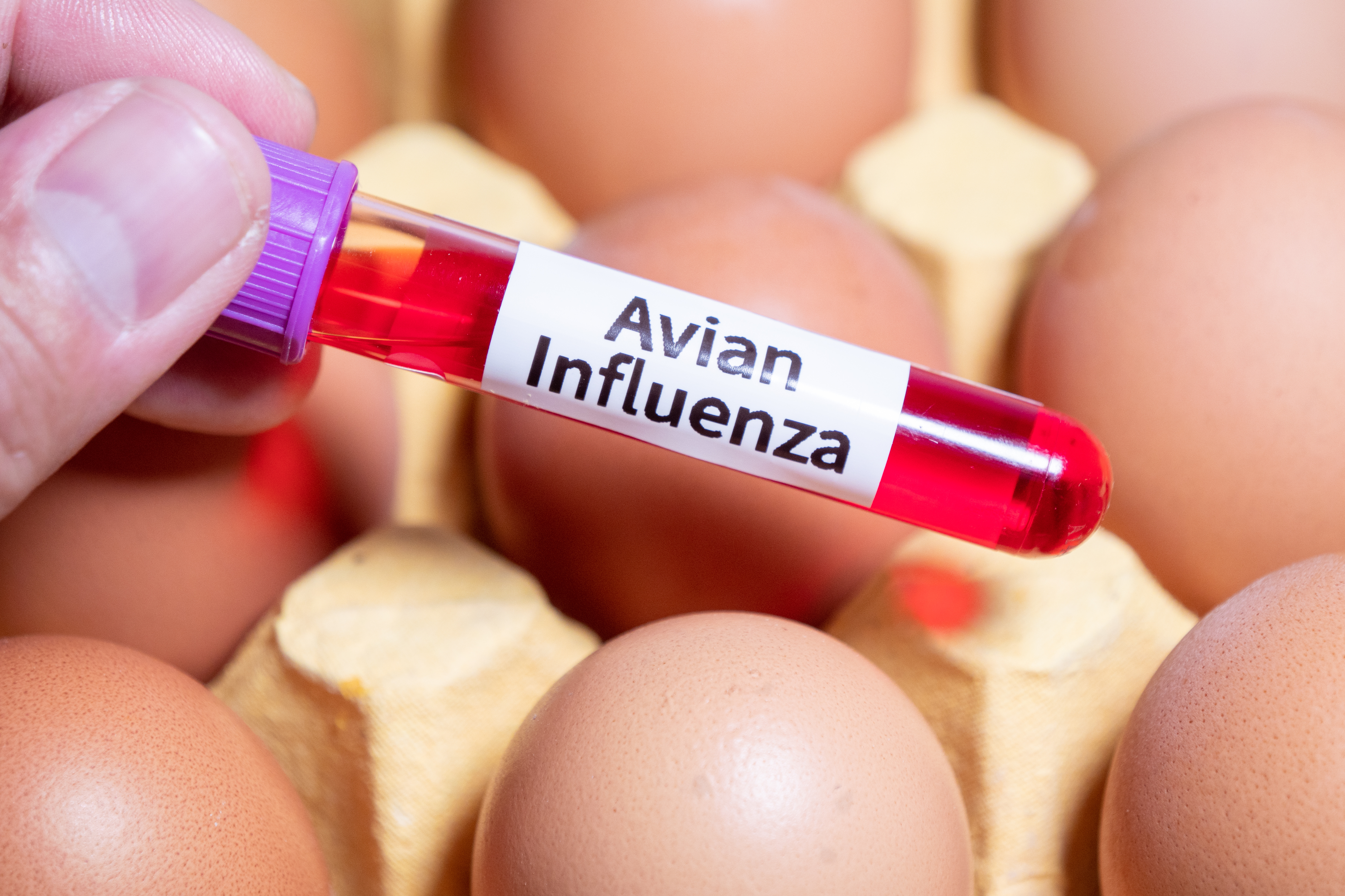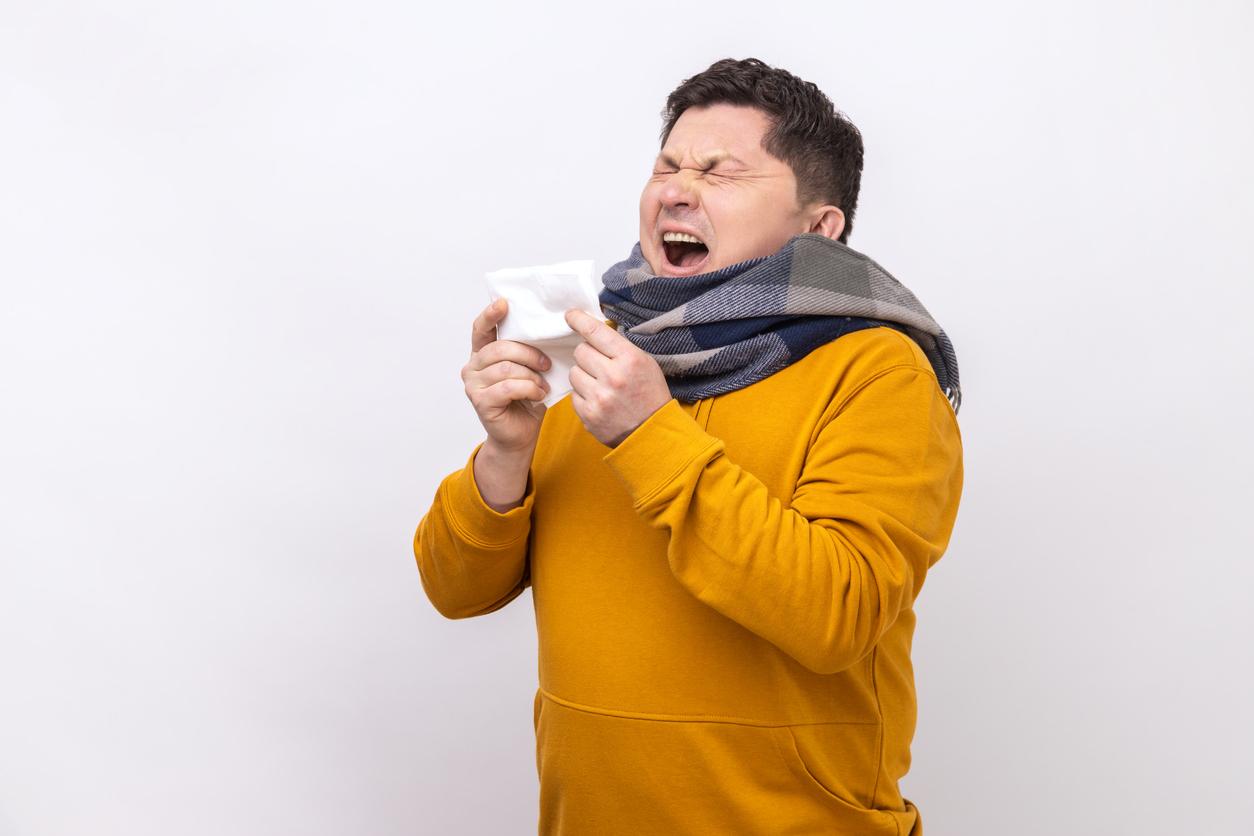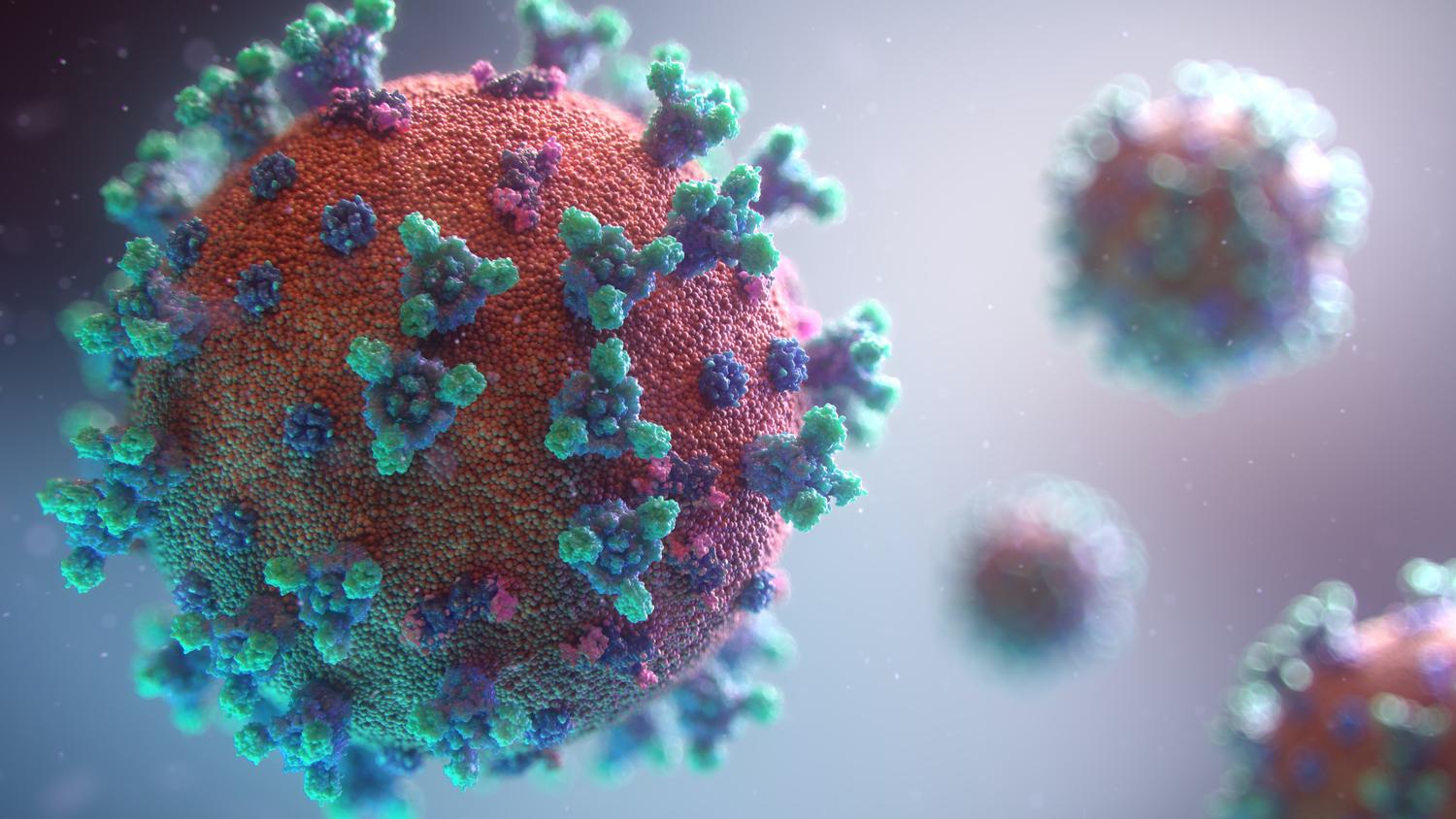Cold Vs Flu: What's the Difference?
Key Takeaways
- The cold and the flu are both respiratory illnesses, but cold symptoms are typically milder and develop slowly, while flu symptoms come on rapidly and are more severe.
- Flu symptoms often include high fever, chills, and body aches, while cold symptoms are more likely to involve congestion and wet, phlegmy coughs.
- Antiviral drugs can help with the flu if taken early on, while cold symptoms can often be alleviated with OTC decongestants and pain relievers.
When you start to feel a tickle in your throat or a sniffle in your nose, the common cold and the flu are common culprits. Both ailments are respiratory infections, but they're caused by different viruses. They can also have different levels of severity. Knowing which one you're dealing with can help you get the right treatment.
In this blog post, we’ll talk about the differences between the common cold (also called an upper respiratory infection) and the flu (short for influenza) and how to tell the two apart. We’ll also discuss the most effective treatment options for both conditions.
How to know if you have a cold or the flu
The flu and the common cold have a number of similar symptoms, like a sore throat, cough, or stuffy nose. Because of these similarities, it can be tricky to tell the two conditions apart.
However, flu symptoms tend to be more severe and might also include a high fever, body chills, and shortness of breath. Coughs caused by the flu tend to be dry, meaning that they don’t produce much mucus.
Cold symptoms tend to be milder. It’s more common to experience wet, phlegmy coughs with the common cold. Colds are also often accompanied by sinus congestion or sinus infections, which can feel like built-up pressure behind your face.
The Cold Vs. Flu comparison chart below can help you compare symptoms.
| Symptoms | Cold | Flu |
|---|---|---|
| Symptom onset | 1-3 days | Rapid |
| Body and muscle aches | Mild | Common |
| Chest pain or discomfort | Mild to moderate | Common |
| Chills | Rare | Common |
| Cough | Common | Common |
| Headache | Rare | Common |
| Fever | Rare (more common in kids) | Common |
| Loss of smell | Sometimes | Sometimes |
| Loss of taste | Sometimes | Rare |
| Runny nose | Common | Sometimes |
| Sneezing | Common | Sometimes |
| Sore throat | Common | Sometimes |
| Tiredness | Common | Common |
Another way to confirm if you have the flu or a cold is by scheduling flu tests, which are typically available at local pharmacies or urgent care clinics.
How long does the flu last?
For most people, the flu will last about a week. However, it's normal to feel tired or experience symptoms for a few weeks afterward. Individuals who are over the age of 60 or immunocompromised are also at higher risk for complications and health problems like pneumonia, which can extend the duration of their illness.
You can think about the timeline for the flu in three stages:
1. Incubation Stage (Day 0-2): Flu symptoms tend to come on quickly after you’re exposed to the virus. By the second day, people are typically beginning to experience chills, fevers, and headaches.
2. Symptomatic Stage (Day 3 - 7): The beginning of the symptomatic stage is typically the worst. It’s when flu symptoms (like fever, cough, congestion, chills and aches) are the most severe. However, your immune system should begin to clear the virus toward the end of this period.
3. Recovery Stage (Day 8 - onward): By the end of the week, most people are beginning to feel better. However, symptoms like fatigue or a cough can linger as your body regains its strength.
It’s important to note that you can still be contagious for several days after symptoms subside, so you should limit close contact with others during this time. If your symptoms persist or become severe, talk to a healthcare provider for proper diagnosis and treatment.
How long does a cold last?
The length of the common cold can vary from person to person, but it generally lasts around 7 to 10 days. Some symptoms, like a runny nose and sore throat, may resolve within a few days. Other symptoms, like fatigue, a cough, or a stuffy nose, can linger for a week or two.
Here’s what the timeline can look like for the common cold:
1. Incubation Stage (Day 0-3): Cold symptoms tend to develop more slowly. A cold normally starts as a mild tickle or itch at the back of your throat.
2. Symptomatic Stage (Day 4-7): During this period, you’ll probably be experiencing common cold symptoms like a phlegmy cough, congestion, and fatigue.
3. Recovery Stage (Day 8-10): By day 8, most people are feeling much better. Some symptoms, like a cough or runny nose, can linger for several weeks.
If you find that your symptoms are not improving at all after 10 days, or if they worsen significantly, it's important to talk with a healthcare provider. Extended or severe symptoms could be a sign of a bacterial infection or another underlying medical condition.
Can a cold turn into the flu?
A common misconception is that a cold can "turn into" the flu, but this isn't accurate. Colds and the flu may have similar symptoms, but they’re caused by different viruses. The common cold is caused by rhinoviruses, coronaviruses, respiratory syncytial viruses (RSV), and parainfluenza viruses. The flu is caused by influenza viruses.
However, it is possible to be infected with both viruses at the same time or in close succession, especially if your immune system is already weakened from fighting off a cold.
What is the best way to treat a cold?
While it’s important to get rest and stay hydrated when you’re dealing with a cold, you can also find relief from many symptoms with OTC remedies. Some common treatments for the common cold include:
- OTC decongestant, nasal sprays and antihistamines, which can help with a stuffy or runny nose and congestion..
- OTC pain relievers like acetaminophen (Tylenol) or ibuprofen, which can be used for body aches.
- OTC throat sprays or cough drops, which can relieve a sore throat.
What is the best way to treat the flu?
The best treatment option for the flu depends on the stage of your illness.
For example, antiviral drugs are sometimes prescribed to reduce the severity of flu symptoms, but they’re most effective if they’re taken within 2 days of your symptoms appearing. After that 48-hour period, they won’t be as effective.
During the symptomatic stage of the flu, some people also develop pneumonia, bronchitis, sinus infections or another complication as a result of the flu. In these cases, your healthcare provider might prescribe antibiotics.
No matter where you are on your flu timeline, you can also use OTC medications like acetaminophen to help relieve body aches.
Regardless of what stage of the flu you’re in, you should get plenty of rest and stay hydrated. Sleep can help your body recover, and drinking water, tea, or electrolyte drinks can help make up for the fluids you’ve lost. You may also want to consider getting a flu shot for immunization against the seasonal flu.
How Sesame can help
Feeling under the weather and not sure whether you have a cold or the flu? Book a same-day online flu visit on Sesame!
During your video call, your provider can help diagnose your condition, find the right treatment for your cold or flu symptoms, prescribe medication for same-day pharmacy pickup if appropriate, and help you get back on the path to wellness.









